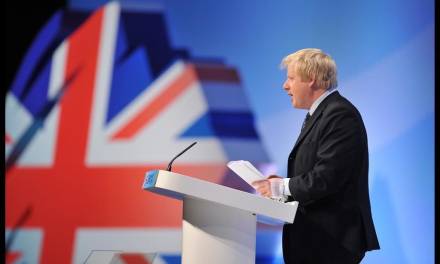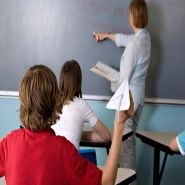The Government has updated its advice on schools for when the coronavirus hits the UK more significantly.
Last week we informed you that a number of UK schools had closed as a precautionary measure after coronavirus cases were identified locally. We also reported that schools are seen as a social hub of the community, and can therefore be prime location for the epidemic to spread.
Today, the UK Government – along with the parliaments of Scotland, Wales and Northern Ireland – have announced a coronavirus action plan, to detail how the country will deal with the virus.
But what does the plan entail and how will it affect schools?
Will school closures be used to delay the spread of coronavirus?
The plan details that if the disease becomes established in the UK, the Government will provide measures to reduce the rate and extent of spread.
These further actions could include strategies such as school closures, increased home working, and reducing large scale gatherings.
The plans involve the possibility of closing education settings to reduce the spread of infections.
School closures would need to be justifiable
Chief Medical Officer, Chris Whitty, has revealed that scientists are currently assessing whether school closures would be justified considering the burden such closures would put on parents.
Currently there is “no evidence that children are particularly affected by the virus.”
Currently the evidence, from China at least, would imply that children have much less of this disease. That’s either because they’re getting it less often or that they are getting it but it is much milder.
So the first reason to close schools, which is ‘this is particularly dangerous for children’, which some infections are, would not be a sensible reason in this case. The second reason is that in some epidemics, it is useful to actually close schools as a way of damping down the epidemic significantly.
What has the Health Secretary said?
Health Secretary, Matt Hancock, told Radio 4’s Today programme this morning:
We are saying to schools: do not close if you do not have a positive case and if you don’t have the advice from Public Health England. It would be ineffective and wouldn’t make any difference on clinical grounds. But of course, it would also be disruptive.
He continued, the government’s goal is to:
…have the minimum social and economic disruption, subject to keeping people safe. So what we are saying right now is that as long as you follow advice from Public Health England – wash your hands more often than you would, for 20 seconds and use soap and hot water – then you should carry on your ordinary business as normal.
The message today is that, right now, we do not need to do many of the heavy things we are talking about in the plan. But we are also setting [them] out as transparently as we possibly can so people know the sort of things we might have to do in future.
What has the Prime Minister said?
Prime Minister, Boris Johnson, held a press conference this morning to promote the virus action plan. He said:
We don’t think that schools should be closing in principle. We think if possible schools should stay open but that school authorities should follow the advice of Public Health England.
You can watch the full press conference above.
Ministers have also launched a helpline for school staff and leaders, to avoid confusion from headteachers about what to do if cases of the virus are suspected.
How EDLounge can help
By using EDLounge, schools can stay open even if the school building is closed. EDLounge has access to 10,000+ lessons meaning students can continue learning and revising topics up to GCSE using a virtual classroom.
A virtual classroom can also be used by those who wish to self-isolate.
EDLounge was inspected by Ofsted in 2019. You can read the report here. Safeguarding of students is our number one priority and all staff are enhanced DBS checked. EDClass+ also provides eyes-on learning, so that you can ensure students are safe and well.
For more information on EDClass+ click here.









